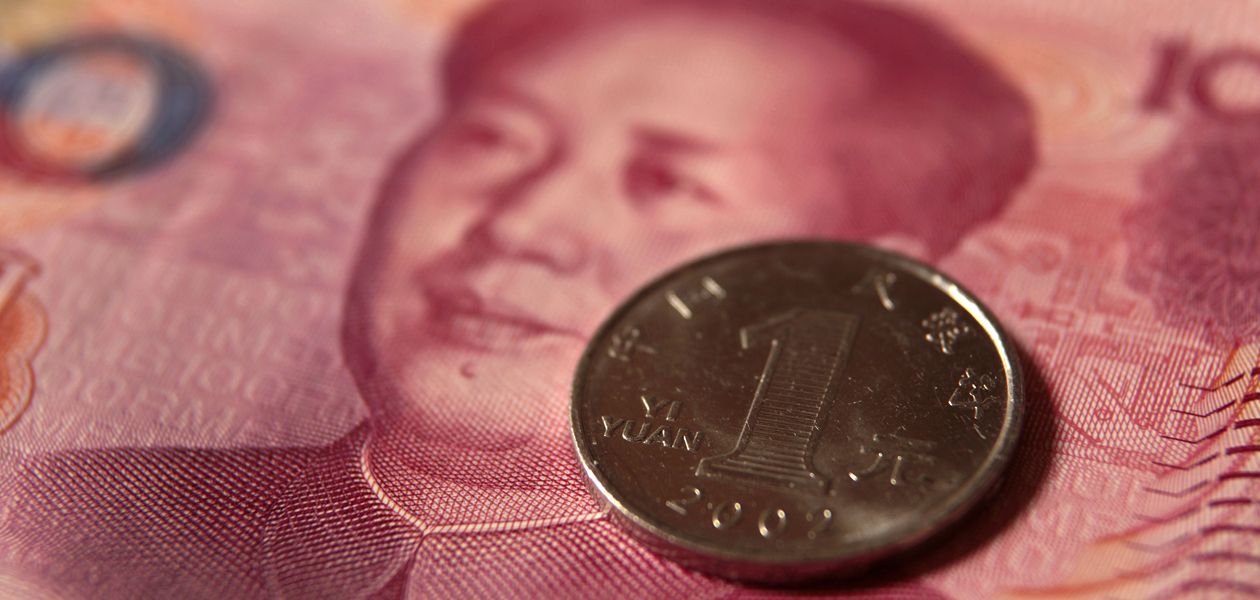
Economy: When will China become the world's largest economy? Goldman Sachs estimates that it will happen by 2027. But, using a forecast based on purchasing power parity, The Conference Board, a business-research group, predicts it could happen as early as next year since goods and services are cheaper in China.
Threat Level: High While social instability might derail China's growth, financially speaking this is China's century. However, the U.S. will continue to benefit from Chinese growth, and even when China's economy surpasses that of the U.S., Americans will still have much higher per capita income.
China's leaders circled the globe last year, bailing out European nations, signing oil and gas deals in Central Asia, and buying up farmland in sub-Saharan Africa. Across the world, friendship bridges and Confucius Institutes have sprung up--evidence of Beijing's increasing international reach.
Threat Level: High
Despite bungling bilateral relationships with many of its neighbors, including India, Japan, South Korea, and Vietnam, China's expressed desire not to meddle in the affairs of others makes it an attractive partner for those who have a hard time finding Western friends.
"They clearly have potential to put some of our capabilities at risk," U.S. Defense Secretary Robert Gates warned, when he went to China last week. American officials worry about China's construction of the world's first anti-ship ballistic missile, a weapon known colloquially as a "carrier killer," and the development of a Chinese stealth fighter, currently underway.
Threat Level: Medium
China has trained its military sights on the Western Pacific, specifically Taiwan, and its new assertiveness will make it more difficult for the U.S. to maneuver in the region. However, America's military budget dwarfs China's, and despite the new impressive toys, as Gates said: "I think there is some question about just how stealthy" the stealth fighter really is.
Last year, China became the largest importer of Saudi crude, and since China has no qualms about investing in resource-rich pariah states such as Iran and Sudan, it has a leg up in the global race for energy supplies. Also, China has shown a willingness to play hardball with its own resources, reducing its shipments of crucial rare-earth elements to Japan after a territorial dispute.
Threat Level: Medium
China has made promising strides in terms of solar power but has not yet come up with an alternative energy game-changer. And unlike America, which borders its two biggest suppliers of oil, China has to look far overseas to fuel its economic expansion. In terms of rare-earth elements, Americans can only hope that the Chinese don't decide to punish them as they did the Japanese.
The revelation last year that a Chinese hacker had penetrated Google's security systems prompted hand-wringing in the West. China regularly breaks into the networks of U.S. companies to steal "anything of value," as former White House counterterrorism czar Richard Clarke put it. "We know of 3,000 U.S. companies that have been hacked," Clarke said recently. "It is a serious threat to our economy."
Threat Level: Medium
While China possesses cyberwar capabilities, for now at least the country's hackers have focused on American corporate targets, such as Google and Cisco. In the past, though, Defense Department officials have said that certain "computer network intrusions" at the Pentagon and other U.S. agencies seemed to have originated in China.
President Barack Obama said in December that America is facing a new "Sputnik moment," referring to the days of the U.S.-Soviet race for space. Many took Obama's historical reference as an allusion to the educational challenge posed by China: recently, 15-year-old students in Shanghai outscored their peers in 65 countries, trouncing Americans in reading, science, and math on a standardized international test.
Threat Level: Low
Comparing test results from Shanghai to national scores elsewhere is like allowing Manhattan to stand in for the entire nation. Besides, China's best and brightest students still flock to Ivy League universities in the United States for a chance at an American education that is unfettered by Communist Party orthodoxy.
Uncommon Knowledge
Newsweek is committed to challenging conventional wisdom and finding connections in the search for common ground.
Newsweek is committed to challenging conventional wisdom and finding connections in the search for common ground.





